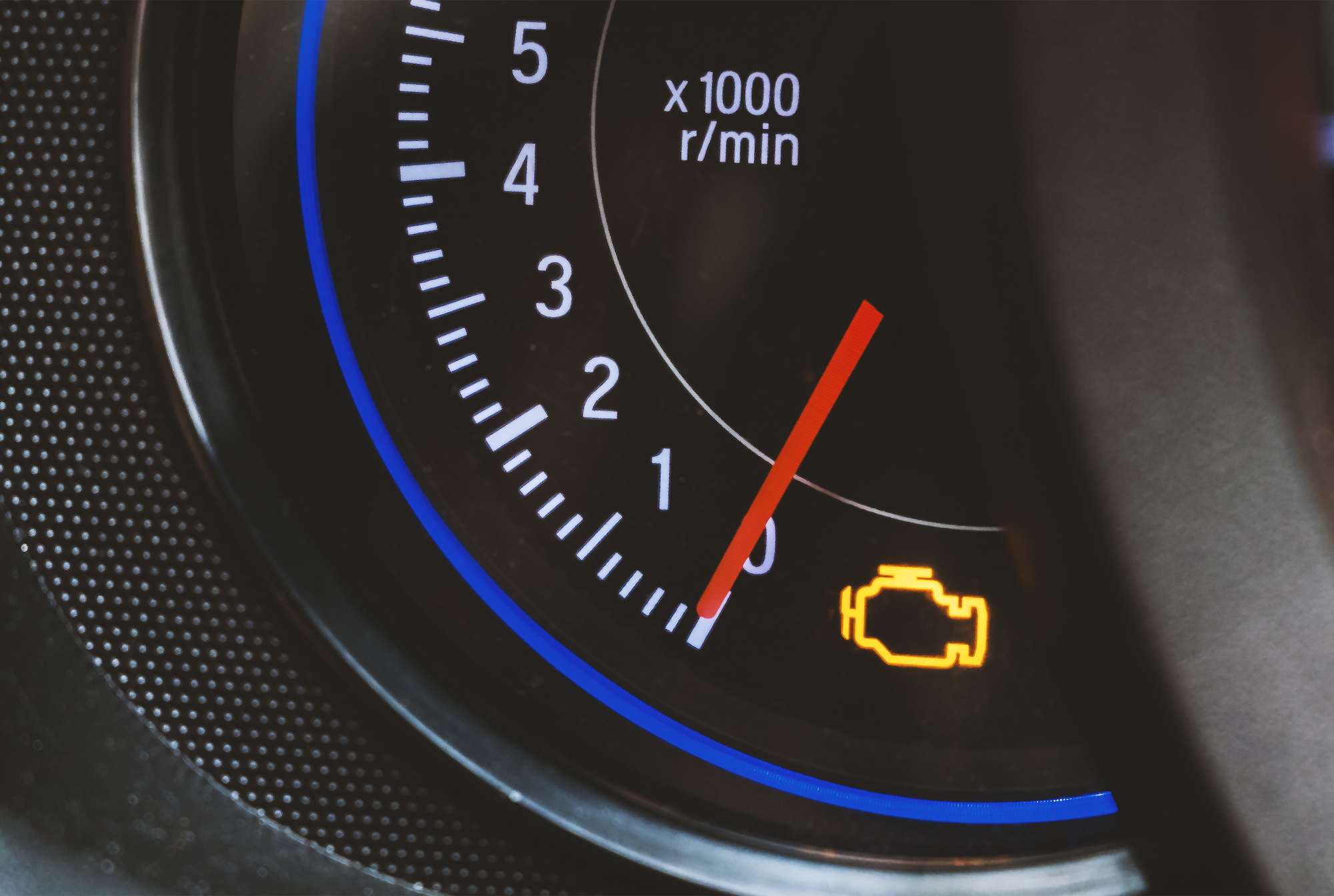Car Engine Light On - Asian people, like all car owners, experience the frustration and worry of seeing the check engine light come on. It's one of the most dreaded warning lights on the car dashboard, and for good reason. The check engine light can indicate anything from a minor problem like a loose gas cap to a major issue like a malfunctioning catalytic converter. Nonetheless, it's essential to take the check engine light seriously and address it promptly. To help you understand what your car is trying to tell you and what actions to take, we've compiled this guide with tips, ideas, and how-tos based on the data gathered from various sources.
What Your Check Engine Light Is Telling You
Tip: Don't Ignore It
If your car's check engine light comes on, don't ignore it. Even if your car seems to be running fine, it could be an early warning sign of a significant problem that needs attention. Pull over if possible and check your gas cap to make sure it's tight. If the light stays on, consult your car's manual, or take it to a reliable mechanic to diagnose the problem. Some common causes of a persistent check engine light include:
- Failed spark plugs or coils.
- Malfunctioning oxygen sensors.
- A loose or damaged gas cap.
- A failing catalytic converter.
- A damaged mass airflow sensor.
Ignoring the check engine light can lead to more expensive and extensive repairs, reduced performance, and decreased fuel efficiency.

Check Engine Light: What is It Telling You? Deciphering Its 5 Common Causes
Tip: Know Your Car
Each car manufacturer and model may have unique diagnostic tools and codes, so it's essential to know your car. Some car manufacturers provide car owners with their diagnostic scanners, while others require visiting specific dealerships, mechanics, or car repair shops. These diagnostic tools help pinpoint the cause of the check engine light, and knowing how to use them saves you time and money. Here are five common causes of a check engine light and what they mean:
- Failed oxygen sensor - The oxygen sensor monitors how much unburned oxygen is in your car's exhaust system. A failing oxygen sensor can lead to lower fuel efficiency, increased emissions, and engine damage.
- Loose or damaged gas cap - A loose or damaged gas cap can allow fuel vapors to escape and trick the system into thinking there's a larger problem.
- Catalytic converter failure - A failing catalytic converter can lead to increased emissions, decreased performance, and engine damage.
- Faulty ignition coils - The ignition coils create sparks to ignite the fuel and air mixture in the engine's cylinders. A failing coil can lead to higher emissions, engine damage, and misfiring.
- Mass airflow sensor failure - The mass airflow sensor regulates how much air enters the engine. A faulty sensor can lead to decreased fuel efficiency, engine damage, and rough idling.

Five Reasons Why Your Vehicle’s Check Engine Light Is On
Tip: Diagnostics First
The first step in resolving a check engine light issue is to diagnose the problem. If you're an experienced mechanic or have a reliable one, you can use a diagnostic scanner to determine the cause of the check engine light. Here are five possible causes of a check engine light, besides the common ones mentioned above:
- Battery or charging system issues.
- Failing or damaged ignition switch.
- Vacuum leaks.
- Dirty or failing injectors.
- Malfunctioning thermostat.
Once you've spotted the problem, consult your car's manual, or research the solutions online. Some issues may be easy to fix, while others may require more extensive repairs.

The Simple Guide to The Check Engine Light
Tip: Act Promptly
If you're a busy person, you might be tempted to ignore the check engine light and hope it goes away on its own. Unfortunately, this is not a workable solution. The longer you wait, the more likely the problem will worsen, costing you more money and time. Here are some things you must do when your check engine light comes on:
- Check your gas cap
- Check the manual and research the problem online
- Take your car to a reliable mechanic or dealership
- Use a diagnostic scanner if possible
- Perform routine maintenance on your car to prevent future problems
Remember, acting promptly helps minimize the severity and cost of repairs.

Understanding What the Car Engine Light Means and What to Do
Tip: Keep Calm and Carry On
The check engine light can be daunting, unsettling, and even scary for some drivers, but it's essential to keep calm and carry on. Modern cars are complex machines with numerous parts and systems that work together. A car's computer system monitors how the systems are performing and alerts you if something isn't working correctly. Understanding what the check engine light means and what to do is essential for smooth, safe, and reliable driving. Here are some final tips:
- Don't panic, and don't assume the worst
- Ensure that all routine maintenance is performed on schedule
- Keep records of all maintenance and repairs
- Regularly check your car's fluid levels, tire pressure, and brakes
- Drive smoothly, without sudden stops or starts
The check engine light is one of the most critical warning systems on your car. Don't ignore it or assume it's a minor problem. Address it promptly, and you'll enjoy many more miles of safe, comfortable, and efficient driving.

Read more articles about Car Engine Light On